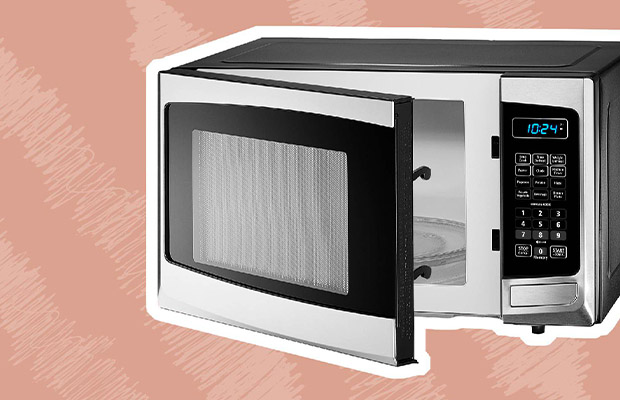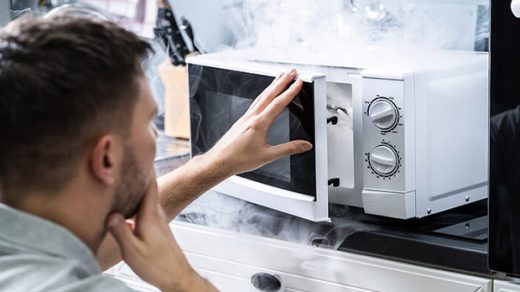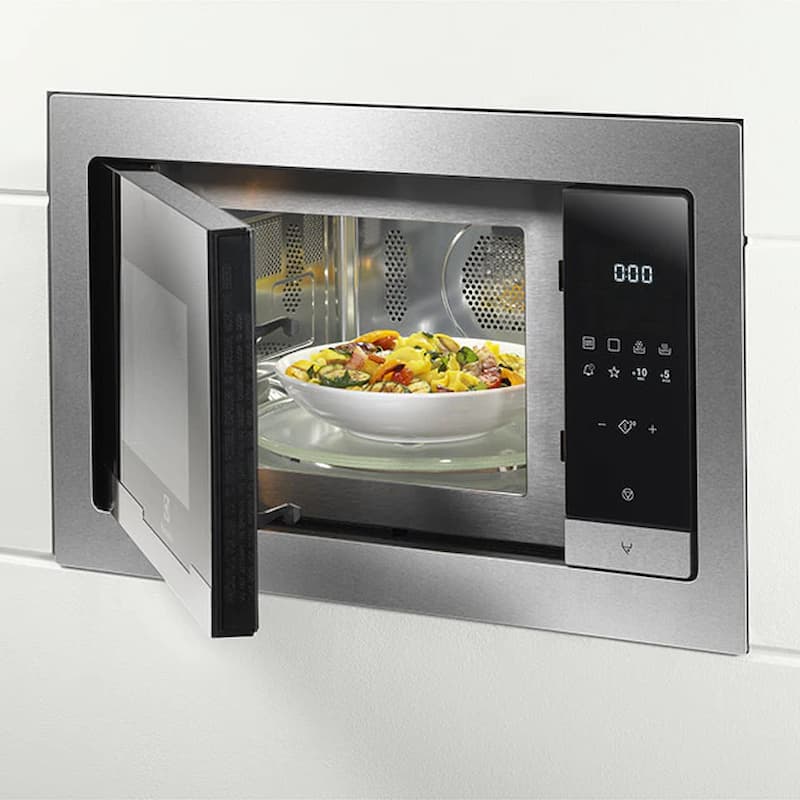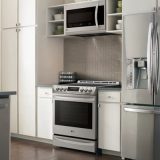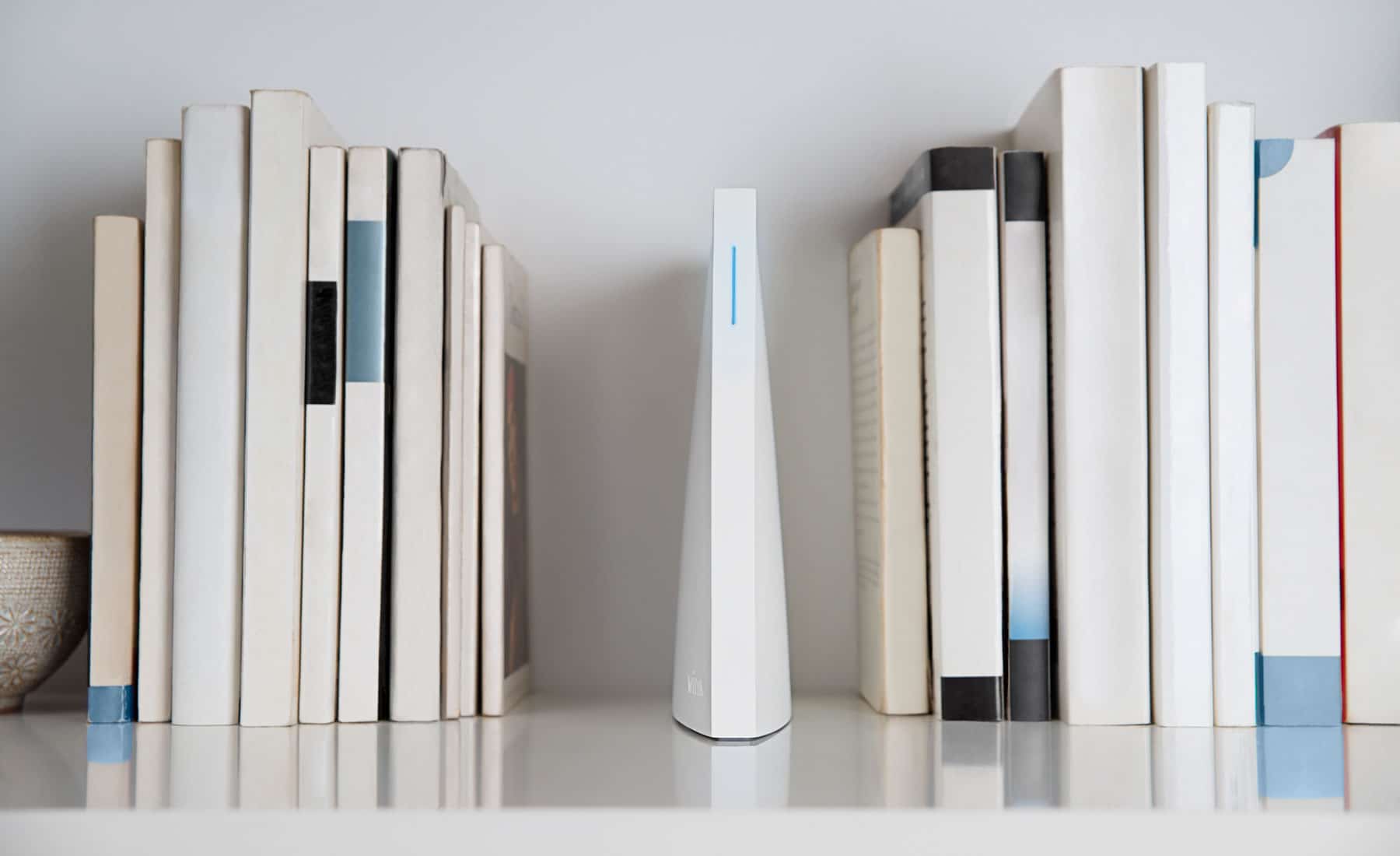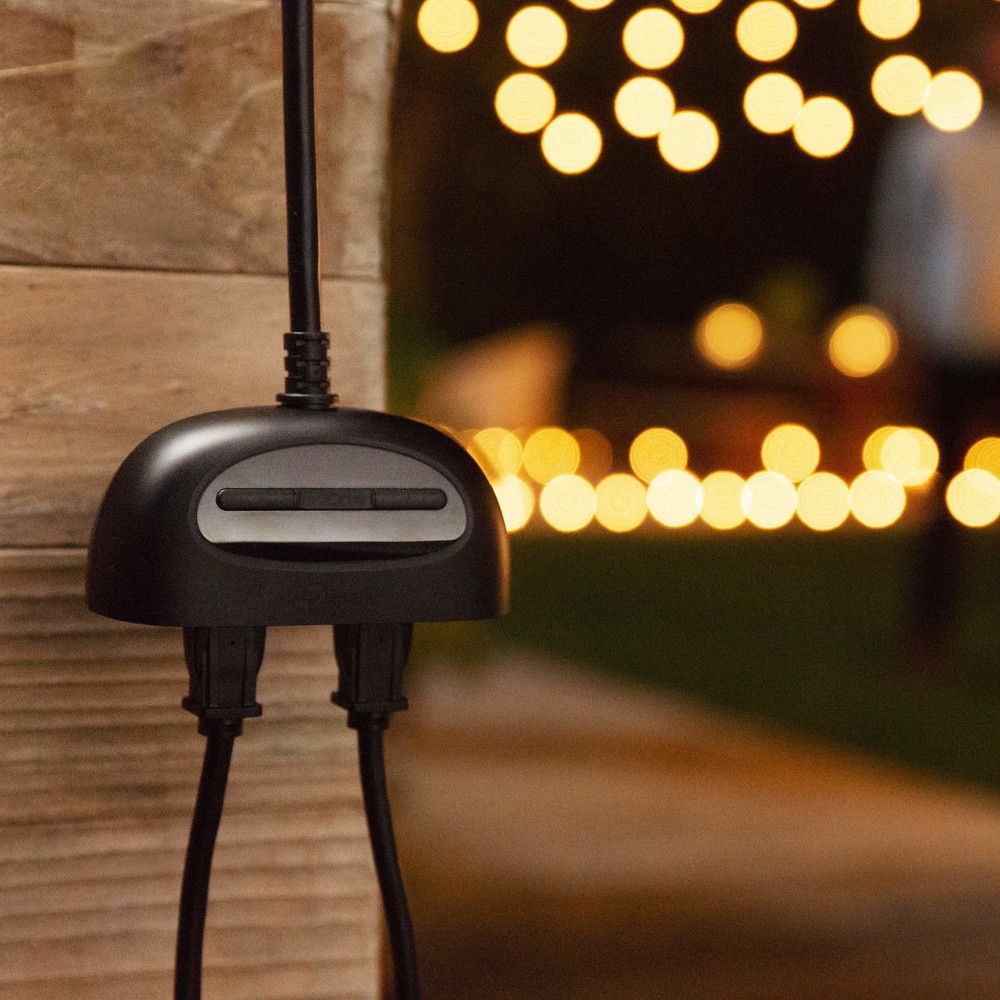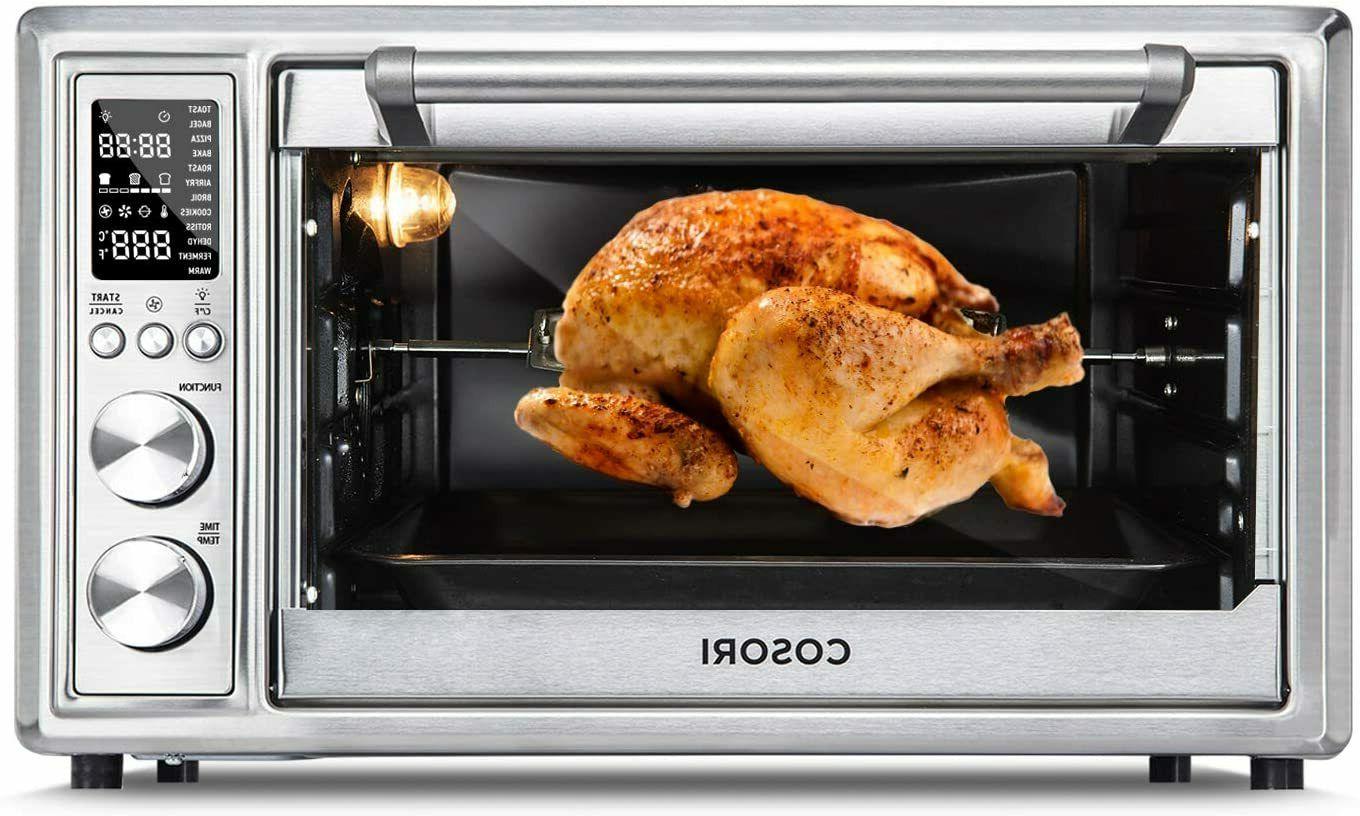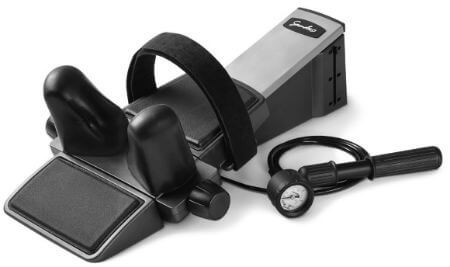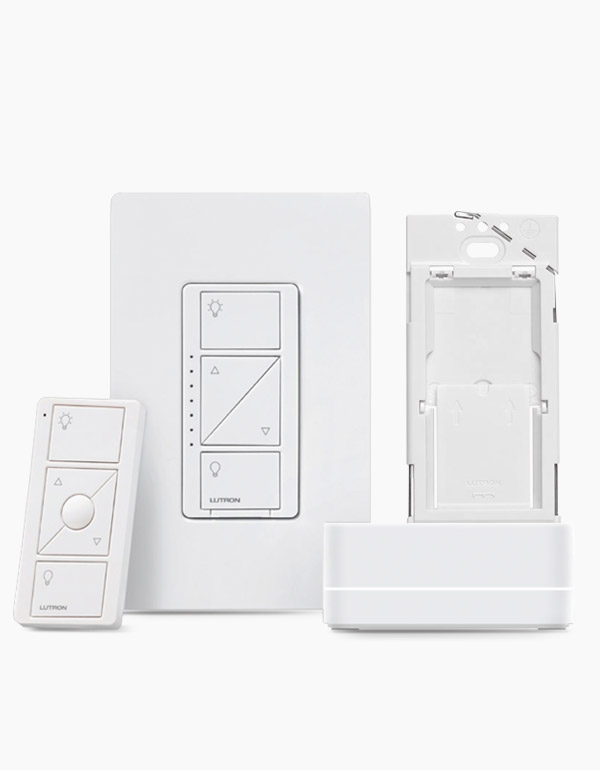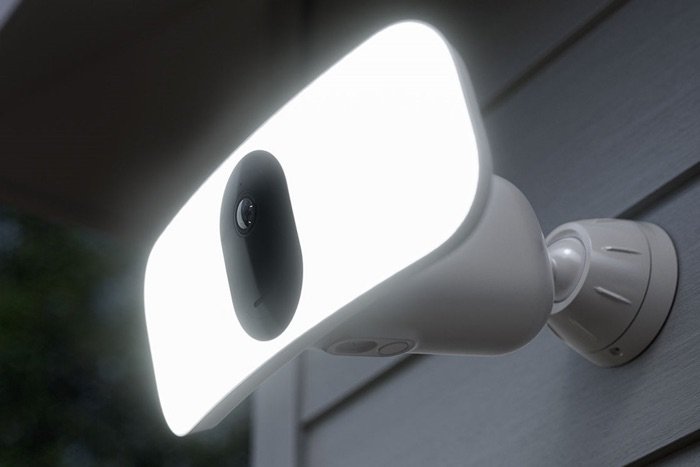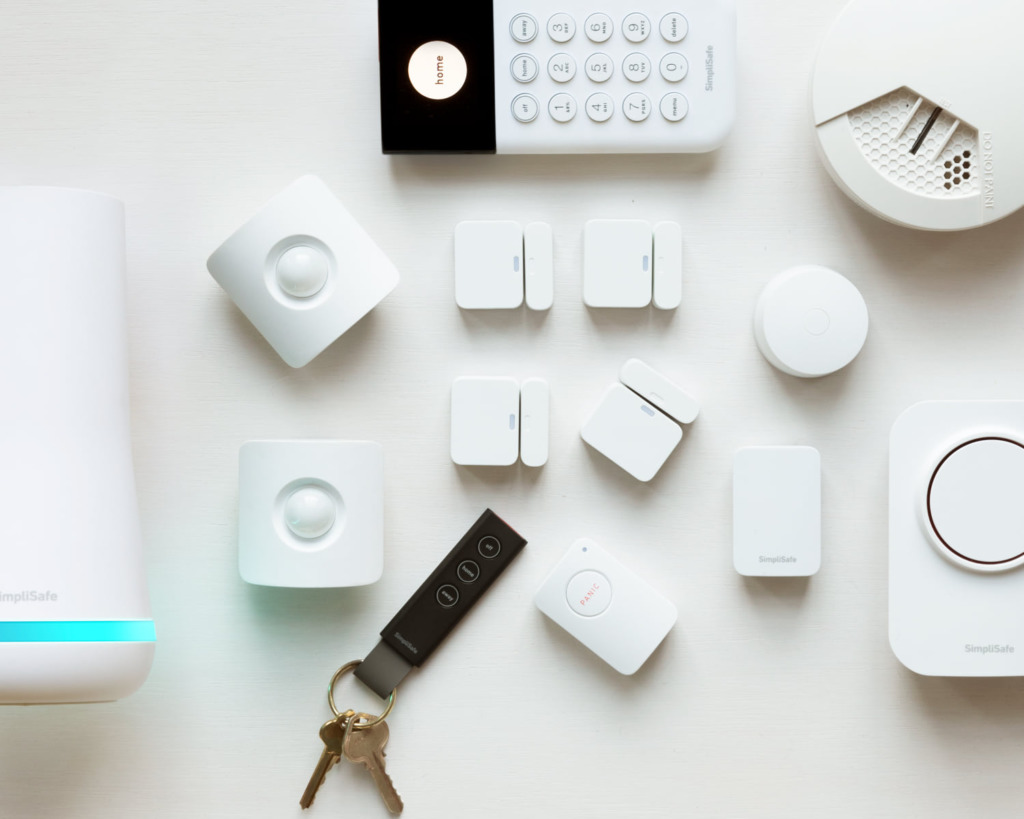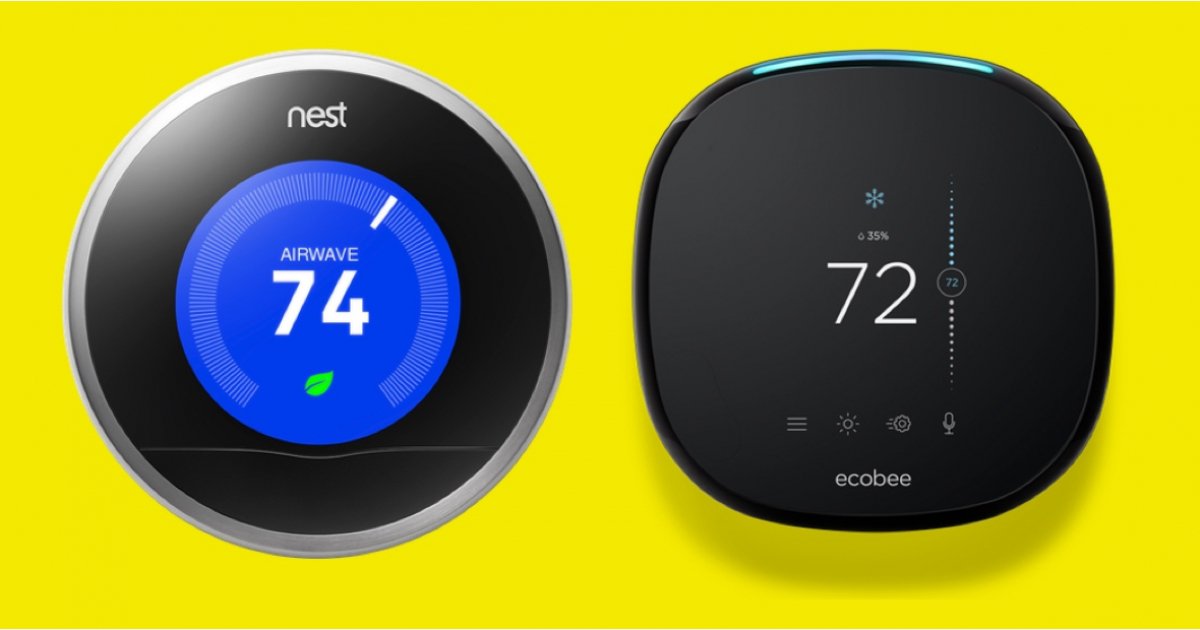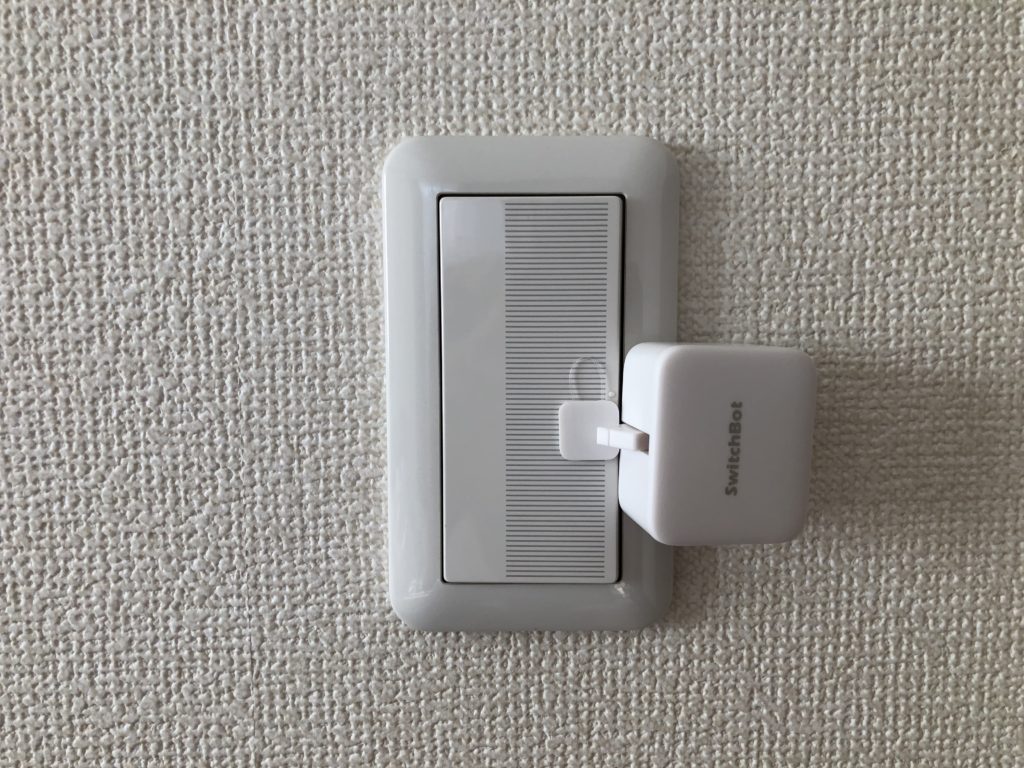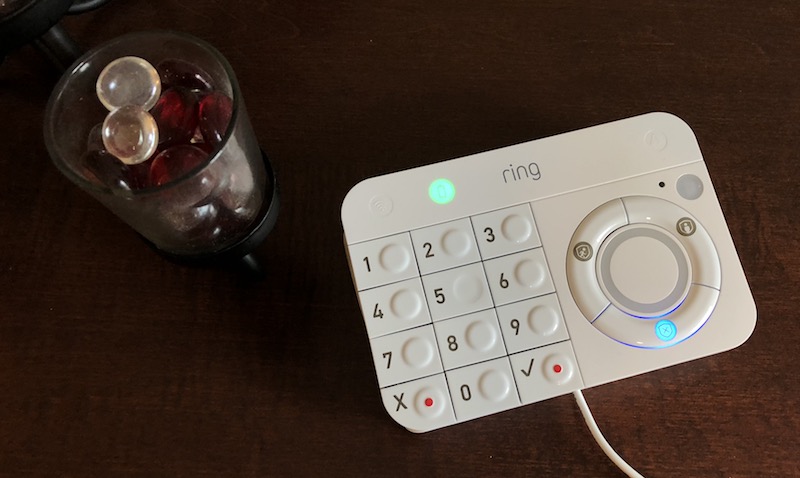As you already know by now, the rice cooker is one of the most reliable kitchen appliances available today. These electronically powered machines can make perfect rice in minutes, giving users more time to prepare home-cooked meals and do other chores. A rice cooker is not just for cooking white rice or cooking cooked rice. You can also use it in different ways, like boiling eggs and making oatmeal. You can learn more about other surprising uses for rice cookers. But just like any other kitchen appliance, you still need to clean the rice cooker. How do you clean yours? Or, if you just bought a rice cooker, how would you clean it? Read this article to learn more about the proper way to clean your rice cooker.
Table of Contents
How To Clean A Rice Cooker
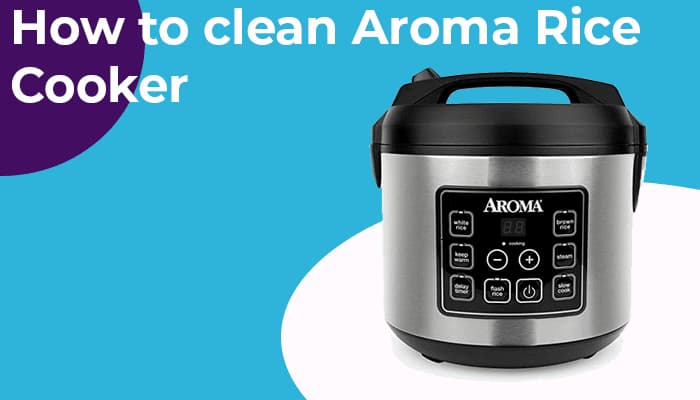
1. Before Cleaning
Before you clean your rice cooker, it’s best to take safety precautions. The most important rule you must follow is to avoid exposing any electrical parts of the rice cooker to water.
This is especially true for the hot plate inside a rice cooker. This part generates heat when you turn on the rice cooker. You can see this hot plate when you open the lid and pot.
- Unplug the machine from the electrical outlet to avoid exposing any live parts to the water. The base of the rice cooker attached to the wall should always be kept dry. Also, you need to take care of your rice cooker’s hot plate; it should also be kept dry and clean throughout the cleaning process.
- Make sure the hotplates of the cooker are not hot and are completely cool. After making sure the board is neither hot nor on, start the cleaning process.
- If you plan to wash the rice cooker after using it, wait at least 30 minutes for the machine to cool down. It’s important to remember that not all rice cookers will cool at the same time; the process depends largely on the make and model you’re using. To be extra careful, read the safety instructions and owner’s manual to determine the exact wait time for the machine to cool down.
2. Cleaning The Individual Parts
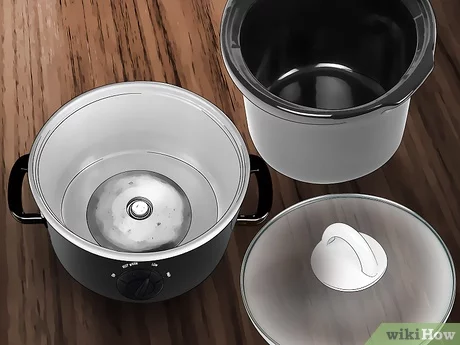
The best way to thoroughly clean your rice cooker is to wash each part separately before wiping the inside and outside.
- Start with the inner tank. If there are no food scraps, you can simply soak them in hot and soapy water. Dry with a cloth after rinsing.
If there are hard rice grains in them, scrape them off with a spoon. Be careful doing this as you don’t want to scratch the surface of the jar.
Once the food debris has been removed, use the sponge to scrub the pan again before rinsing.
- You also need to clean the lid. There are some rice cooker models with removable lids. If you have a rice cooker, just clean it as you would any other removable parts of the rice cooker. Soak it in hot and soapy water before cleaning with a sponge. Rinse well afterward.
3. Cleaning The Inside Of The Rice Cooker
A damp cloth is your friend when cleaning the inside of your rice cooker. You can use a damp cloth to gently remove any residue from the cleaner. Make sure the moisture is dry before placing a clean inner can.
But what’s the best way to remove the hard-to-remove residue? Over the years, I’ve learned that sandpaper can help you in this regard. You can wipe the hot plate thoroughly with the rough side of the sandpaper.
Some people recommend scraping off stubborn rice grains stuck to the plate with a metal utensil. But I don’t agree with them because metal utensils may affect the function of the hot plate.
4. Cleaning The Outside Of The Rice Cooker
After cleaning the inside of the rice cooker, turn your attention to the outside of the machine and follow these steps:
Use a damp cloth or rag to remove food residue or stains from the surface. To remove stubborn stains, spray the affected area with cleaning spray and wipe until removed. After that, do a cleaning operation on the ropes of the machine – this time, wipe off any stains with a clean cloth.
5. Removing Unpleasant Odors
But what do you do if the rice cooker smells bad? I hate the weird smell coming out of my rice cooker that usually happens after leftovers have been there for a few days.
Vinegar and water are enough to remove odors from the rice cooker. Just mix one cup of vinegar with three cups of water. Pour the mixture into the inner pot and turn on the rice cooker. After boiling, turn off the cooker and let it cool.
Rinse the inner tank, then rinse again with water. You will notice that the odor will go away after that.
Tips for Cleaning and Maintaining Your Rice Cooker
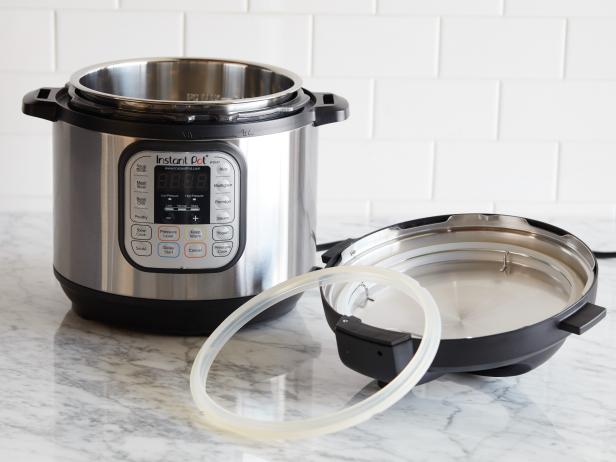
Now that you understand the entire process of cleaning your rice cooker, here are some general tips that can make cleaning and maintenance faster, easier, and more efficient:
- The best way to maintain your rice cooker is to perform a basic cleaning after each use. This includes wiping down the internal and external parts of the machine – from hot plates, controls, and even covers. You also need to practice giving the hot plate enough time to cool down before cleaning.
- If there are still grains of rice on the hot plate, there is a good chance that it will harden and make it easier to bake. This will make cleaning more difficult and time-consuming. To avoid this, make sure the surface is always free of any particles after each use.
- If you are using cookware cleaning fluid, be careful not to let the excess solution get into the corners of the machine. This can lead to more complex problems with the machine and its electrical output. To avoid this, use a clean, dry cloth to remove excess solution.
- Be sure to wipe off excess moisture from the rice cooker with a clean microfiber cloth.
- Never use abrasive sponges and brushes to clean cookware; this can cause scratches and make your rice cooker look old for a short period of time.
- Finally, if you’re not sure about the proper cleaning procedure for your rice cooker, be sure to refer to the owner’s manual for proper instructions.
Conclusion
Rice cookers may not be as expensive as refrigerators or ovens, but everyone wants their rice cooker to last as long as possible. Extending the life of your cookware will now be easier to achieve by following the points I shared above.

